A good chef's knife is a thing of beauty and, with proper care, a joy forever. It can totally change the way you cook and turn even the dullest prep work into a glee-filled task.
I once spent a happy, messy afternoon turning beef and beets into a credible Russian borscht with the help of my friend's top-of-the-line Shun. My kitchen looked like a CSI episode for two weeks afterward (I kept finding beet splatters in the oddest places), but it was worth it.
I will say there is one unforeseen drawback to getting a good chef's knife and learning to love it: you start wanting more. And like any other habit, the costs can really mount up.
The Ceramic Advantage
Thankfully, for those of us who like to play with knives and foods, there's a pretty reasonable way to sate our habits. Welcome to the world of ceramic knives: they're delicately pretty but sharp as f^ck (and thankfully, in most cases, reasonably priced). They're not made from the same material as plates or saucers—zircon, a mineral found in Australia, is the main ingredient that gives them their keen edge.

These knives look so sweet, but they are sharp as hell.
Beloved by the Japanese, ceramic knives, because of their incredible (some might say terrifying) sharpness, are excellent for prepping fruits and vegetables. Onions, tomatoes, and apples seem to simply fly apart at a mere glance from the knife's edge. Unlike stainless steel, their edges don't dull after a few uses and they're not prone to rusting or pitting, either. And because they're non-metallic, they're also non-reactive, so you don't have to worry about transferring an unpleasant iron tang to any of the foods you eat.
If you eat a lot of fresh produce, ceramic knives are great for prepping ingredients cleanly and beautifully. A ceramic knife requires a lot less pressure than a stainless steel one, and its lightness makes it easier on the wrist and hands, too.
However...
While ceramic knives are an excellent addition to your cooking tools, your stainless steel knife is undoubtedly going to be your go-to weapon of choice. Ceramic's inherent qualities—thinness and lightness—make it imperfect for slicing up any kind of meat with bones, root vegetables, or anything dense and fibrous.
And while they're easy to care for in general, keep in mind that ceramic knives can break and chip easily, so be sure to watch how/where you set it down, and to store it using its included knife guard/box.
My recommendation is if you already have a great stainless steel knife but want to play around with ceramic, buy a paring knife, where you'll really feel a difference when you're slicing, dicing, and peeling fruits and vegetables. Cooking for Engineers strongly recommends Kyocera Revolution when it comes to ceramic, which is actually Kyocera's cheaper line. I personally love this black 3-piece ceramic knife set, which you should buy for the cooking badass in your life immediately.
And as food writer extraordinare Robert L. Wolke points out, black ceramic knives are made with zirconium carbide, which is slightly harder than zirconium oxide, which is what white ceramic blades are made of.
Sharpening a Ceramic Knife
As I mentioned above, ceramic knives are truly, wondrously sharp, and unlike stainless steel, don't require regular sharpening and honing. However, when you do need to put an edge back on your ceramic knife, you either need to take it to a pro who has a diamond wheel, or buy a sharpener that has a diamond grinding wheel/setting specifically for ceramic knives.
Fortunately, they're easy to find and pretty darn cheap, too. This version is less than $6 and sharpens stainless-steel knives, too, as does this version, which is less than $20. Kyocera makes an electric sharpener for ceramic, too.
Happy slicing!
Get More Food Tool Friday
It's time to fully outfit that kitchen!
- Heat Up Your Grilling with Wood Planks
- Blowtorches Aren't Just for Crème Brûlée
- Why You Need to Cook on a Himalayan Salt Block
- Why Pros Use Carbon Steel Knives
- Make Grilled Cheese in Your Toaster with No Mess
Cover image via Kristin/Our Ordinary Life and Monica/Older Mommy Still Yummy








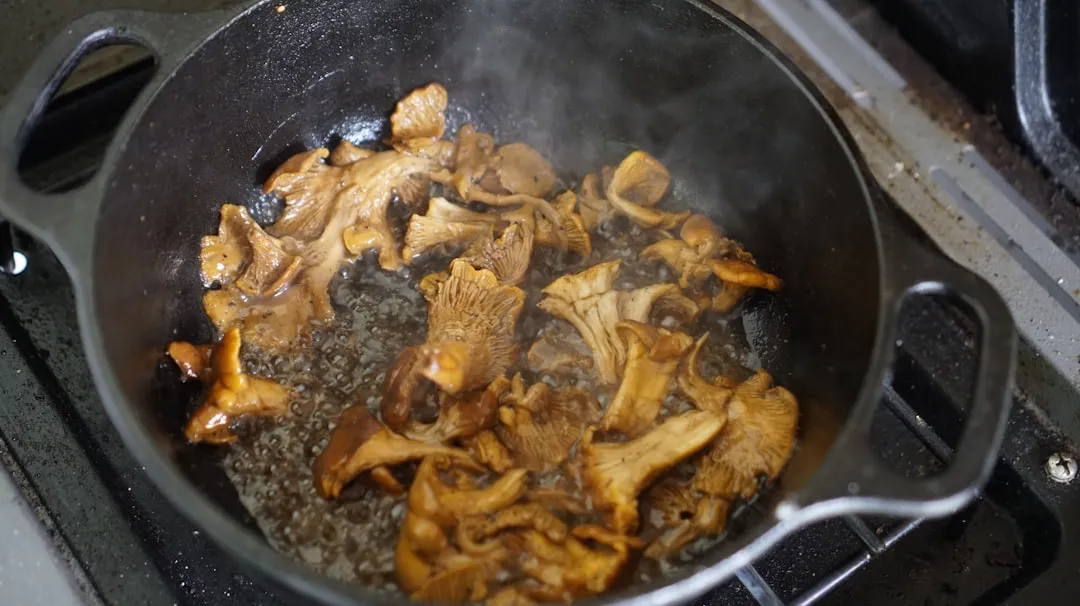

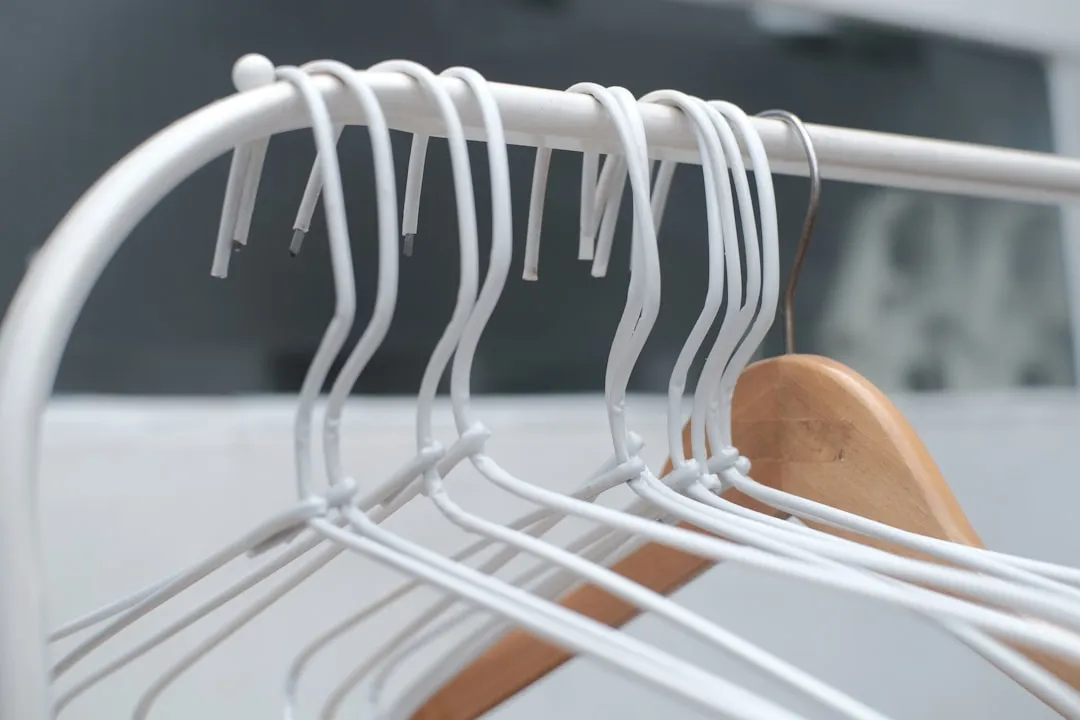
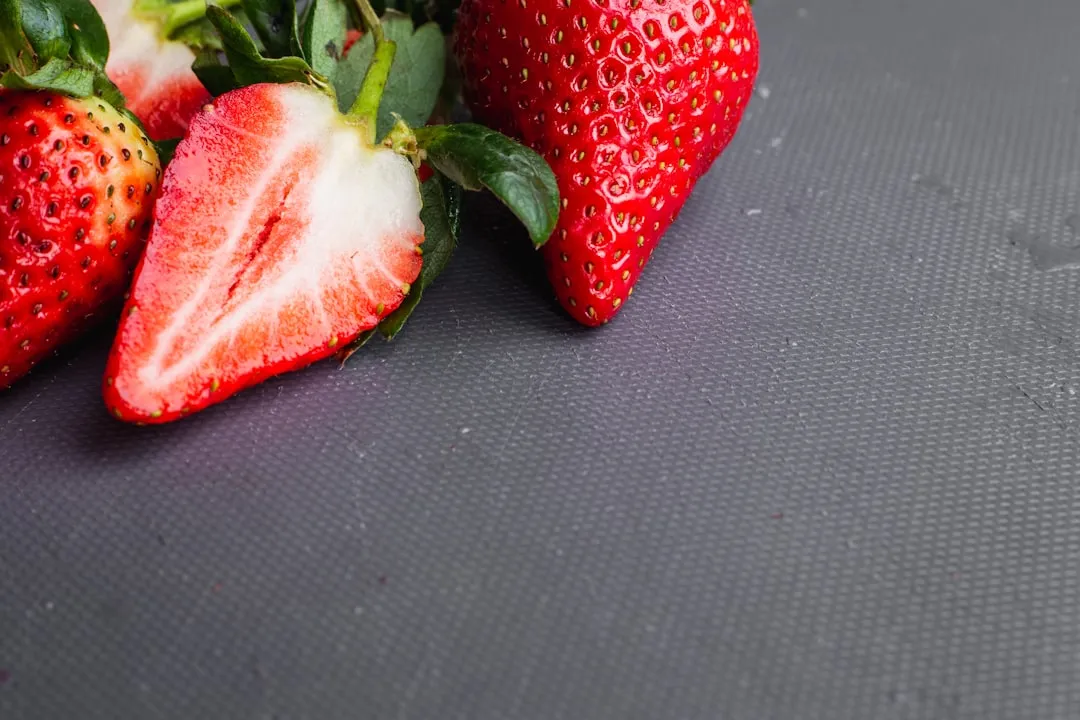
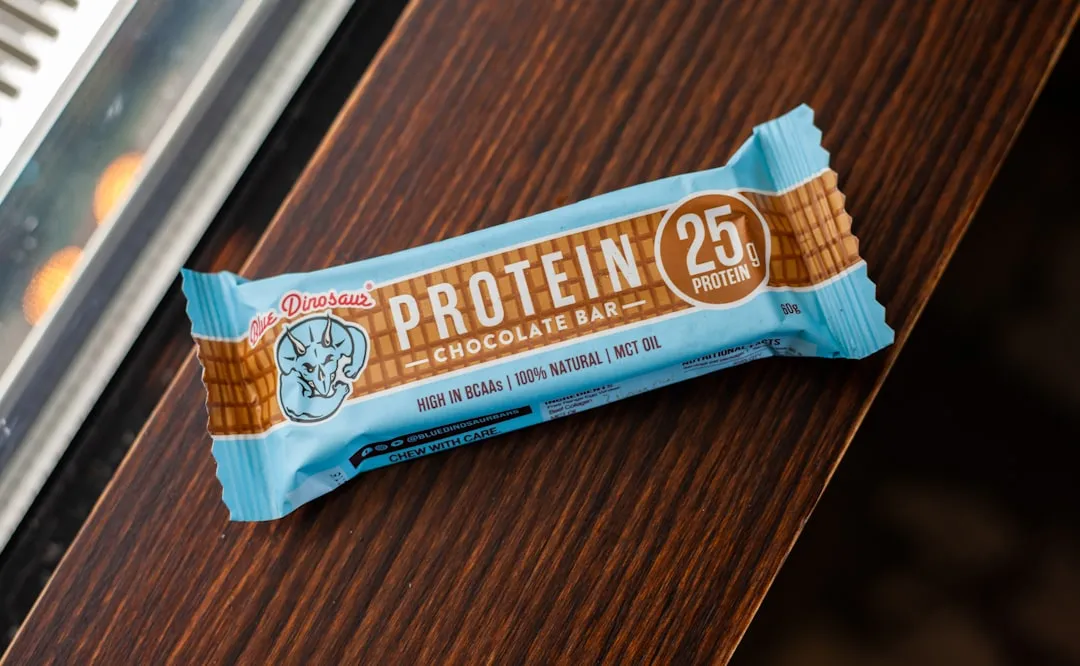
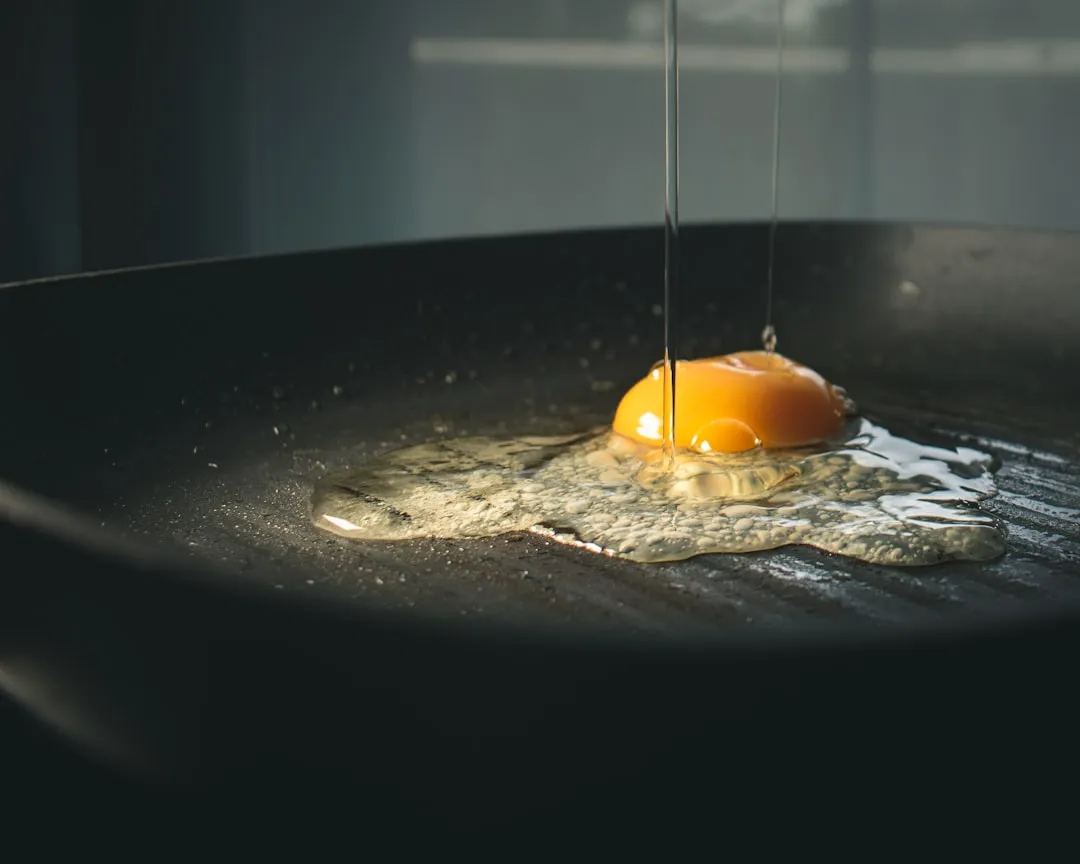
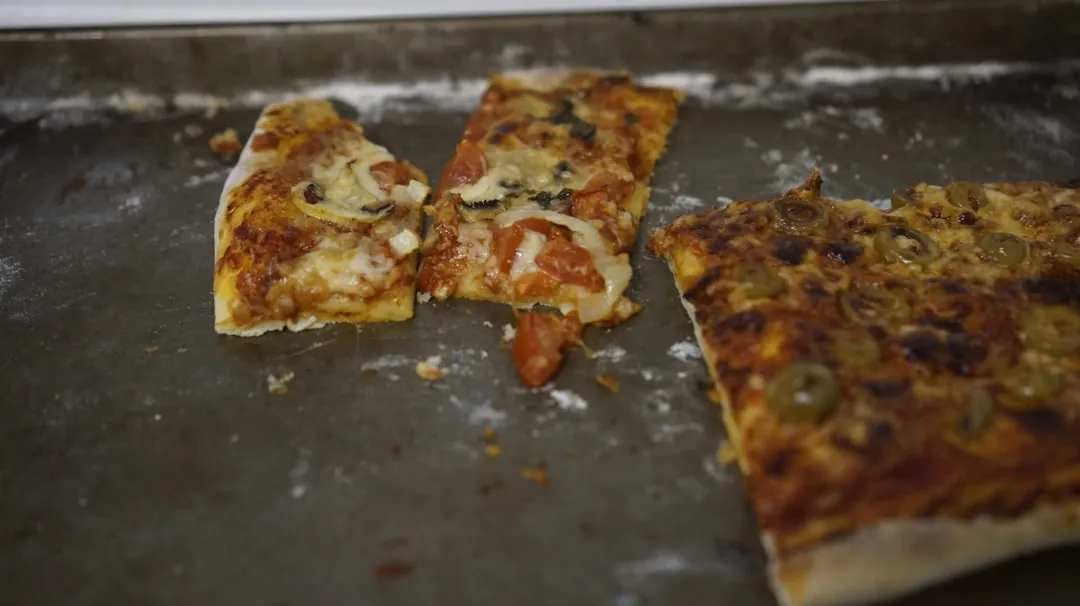

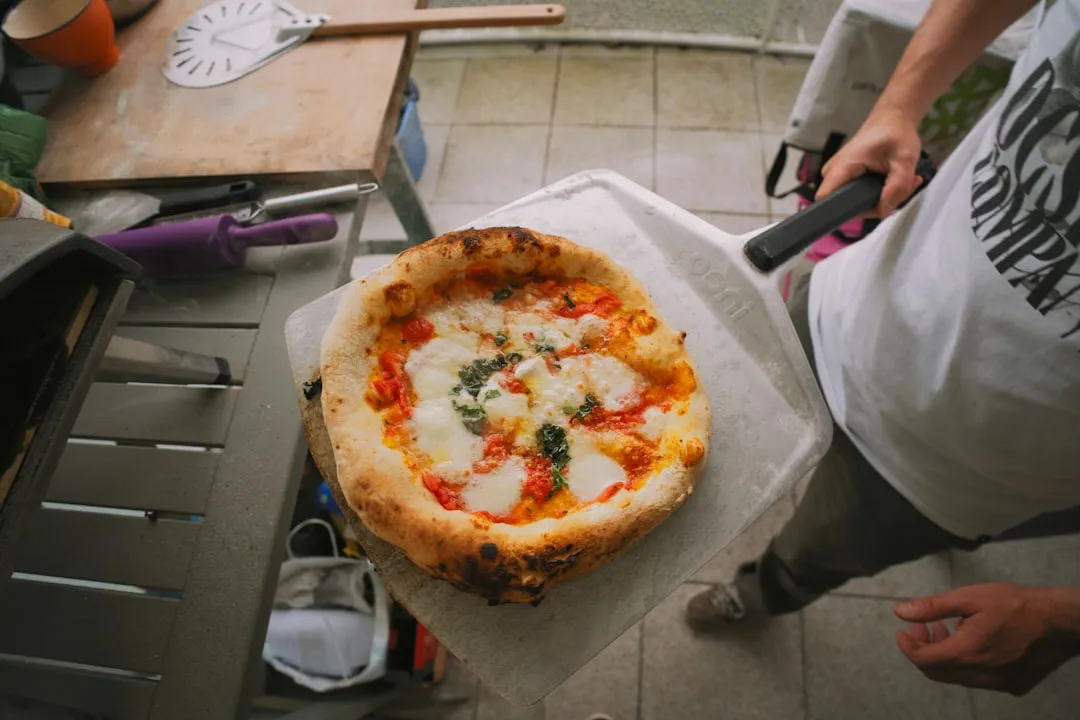

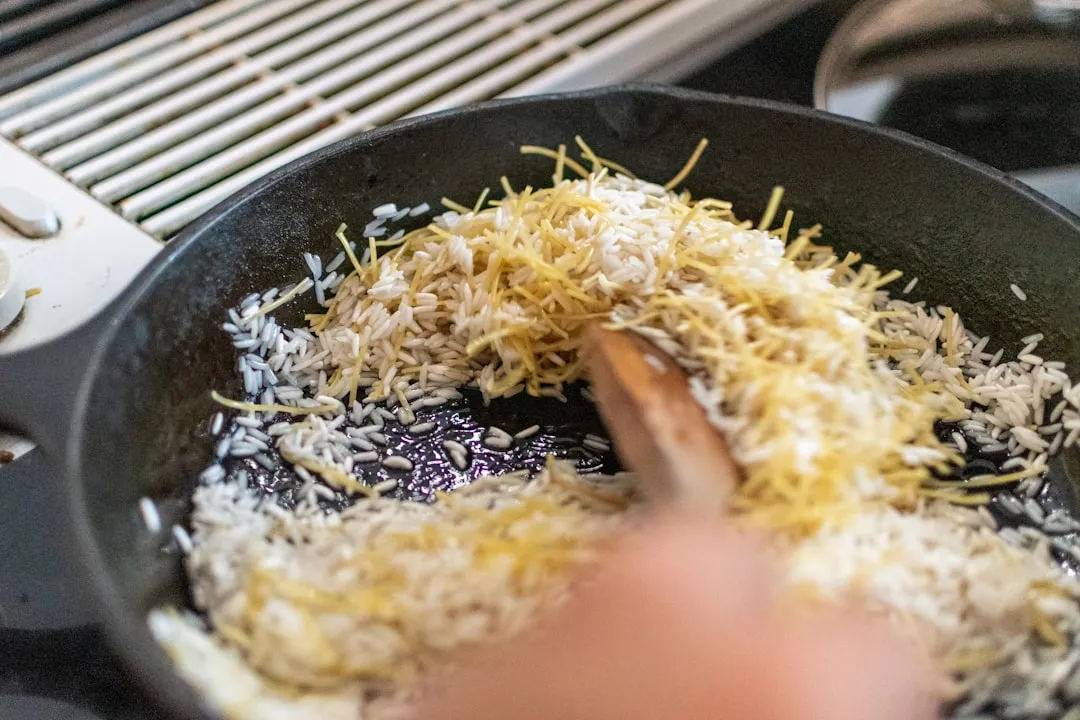
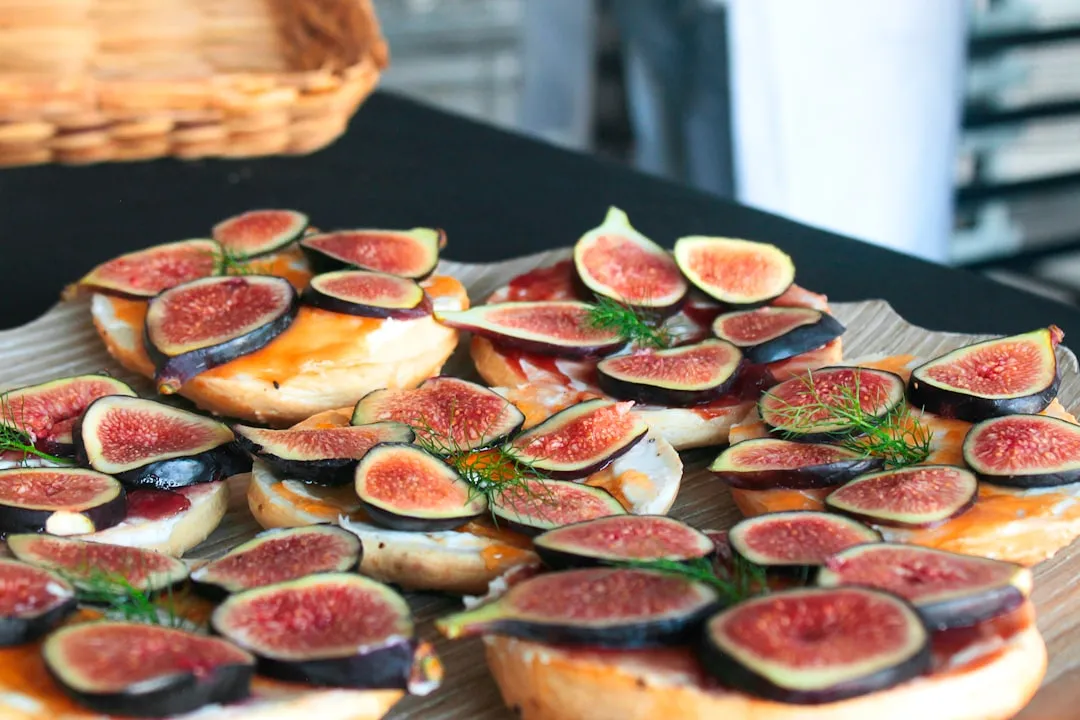
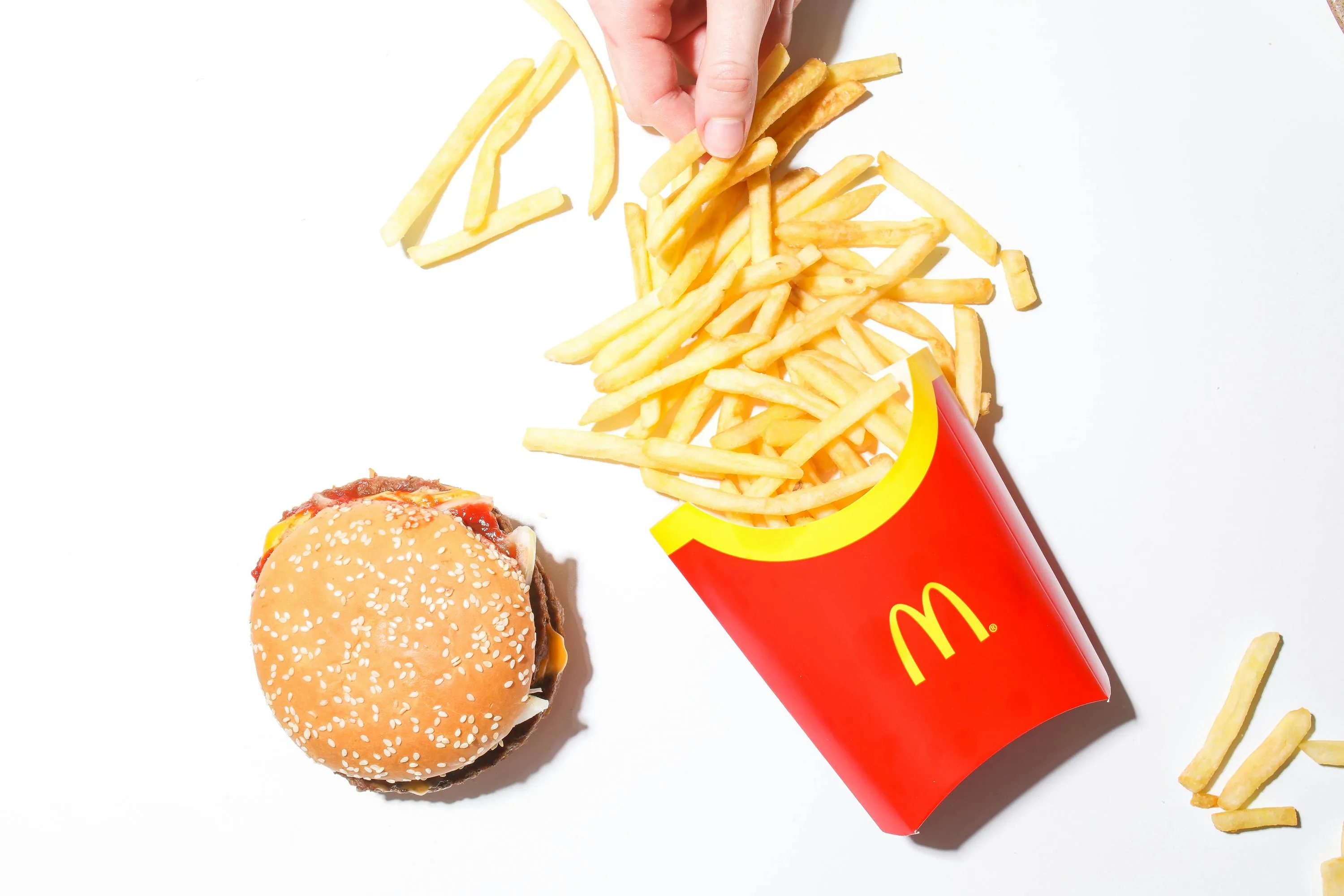
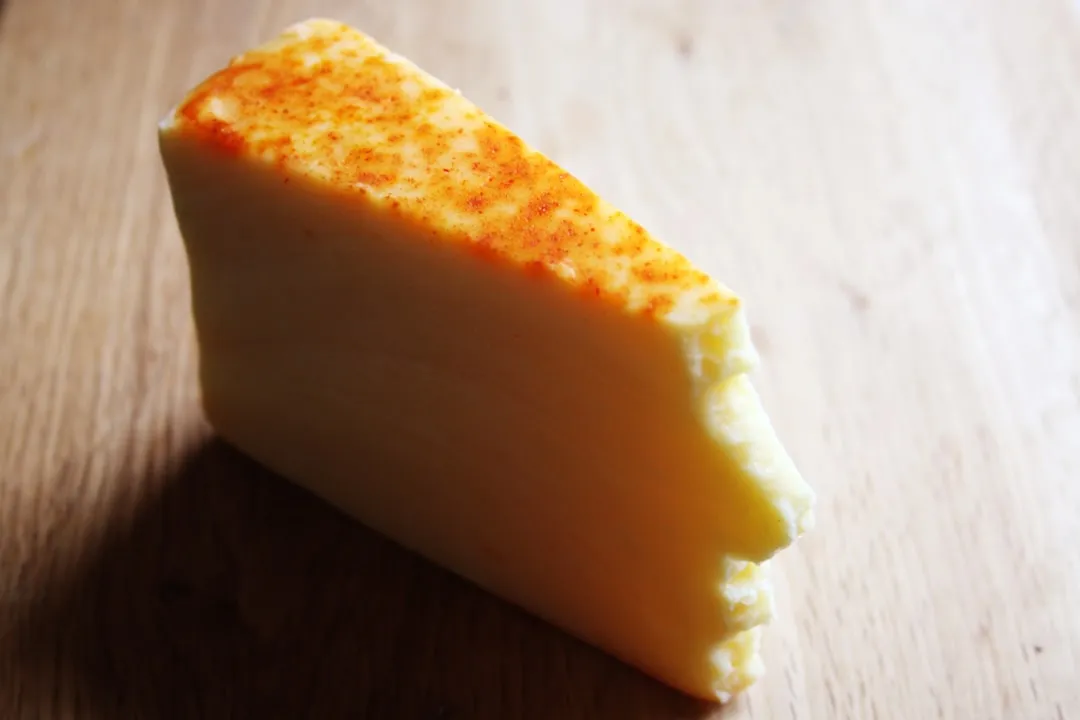
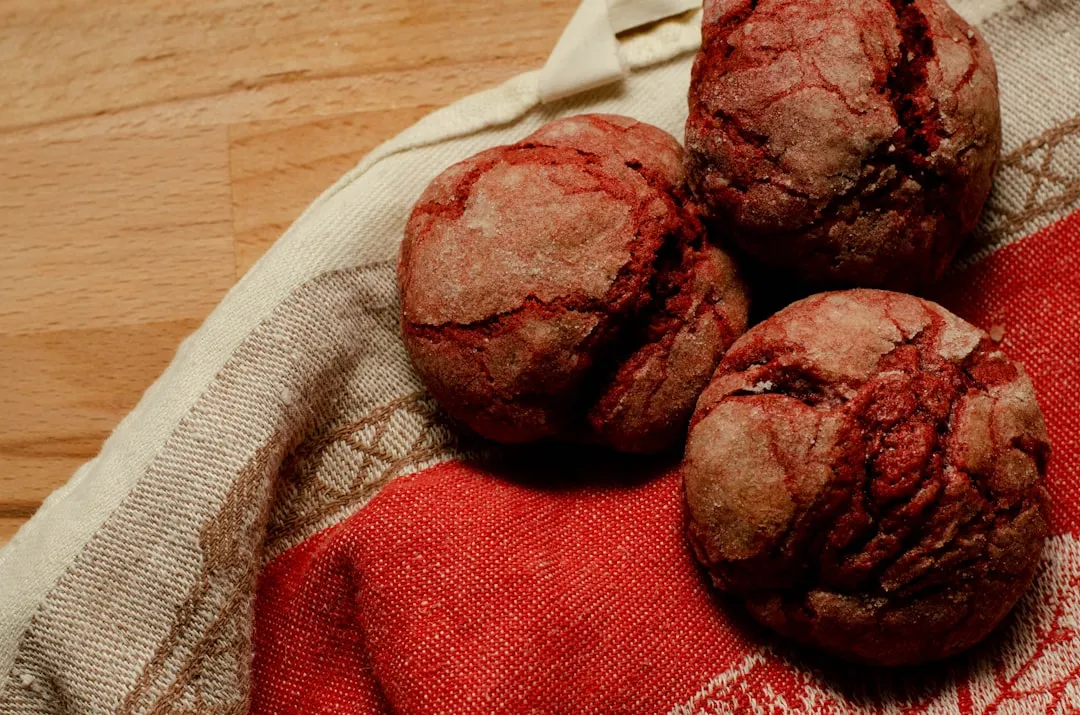
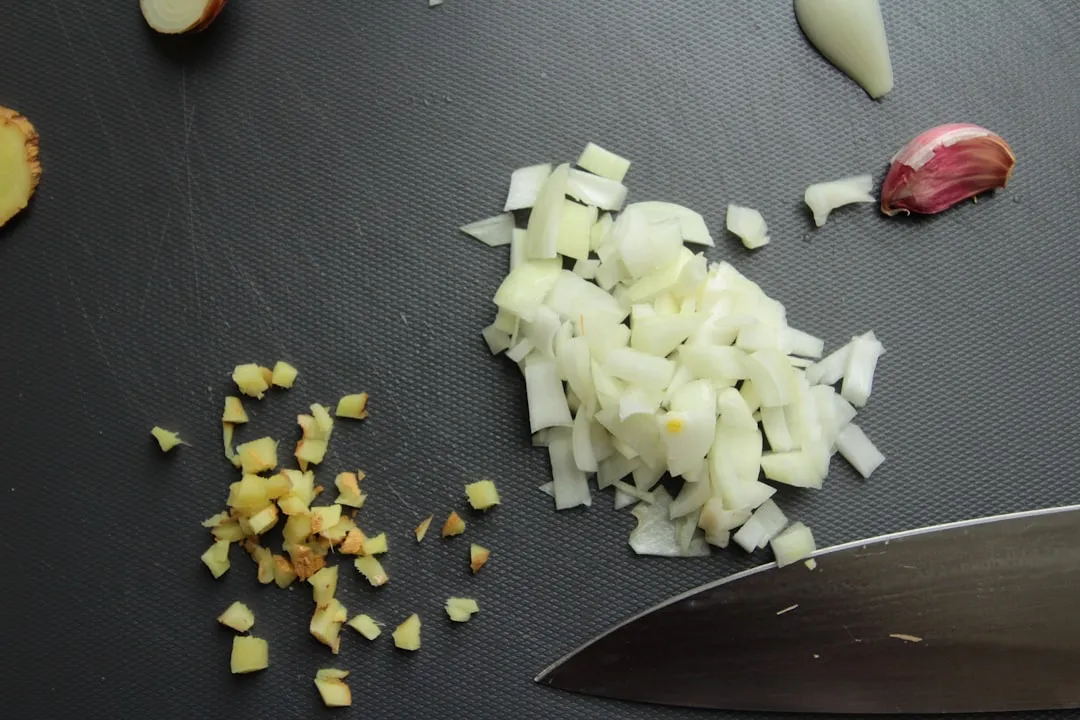

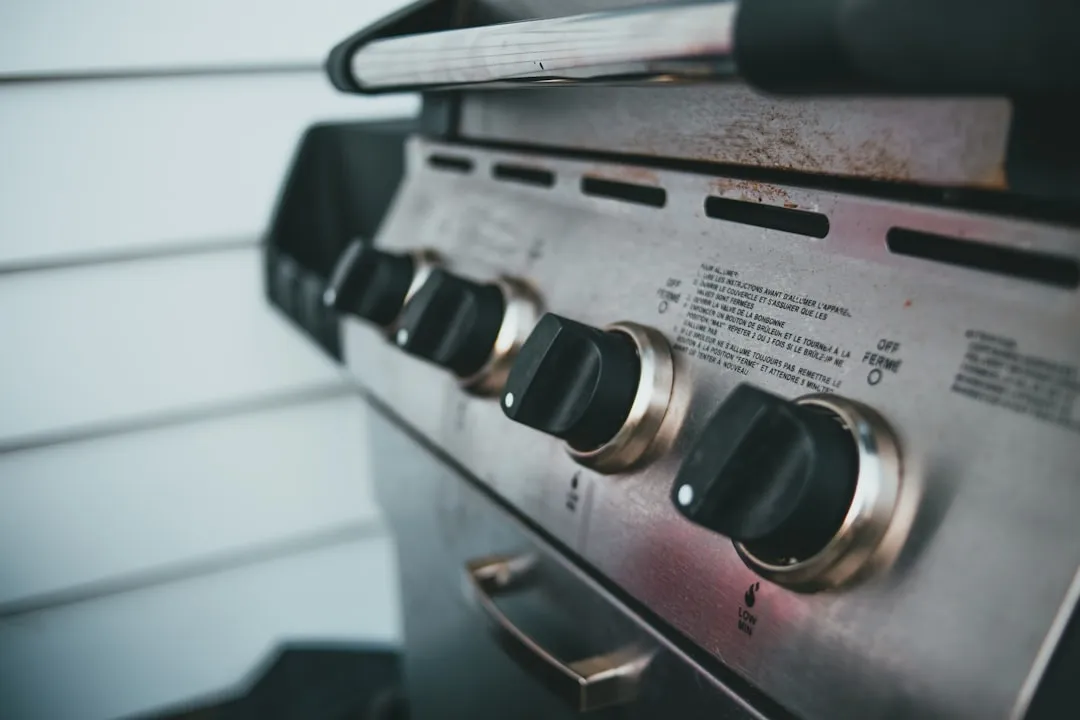
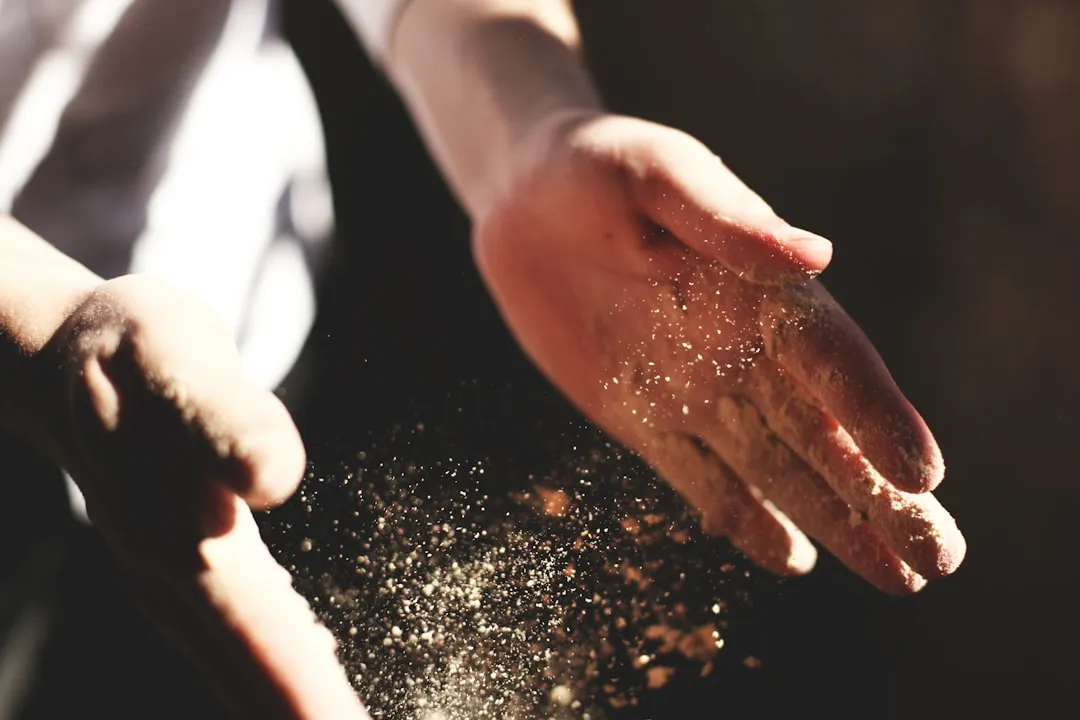
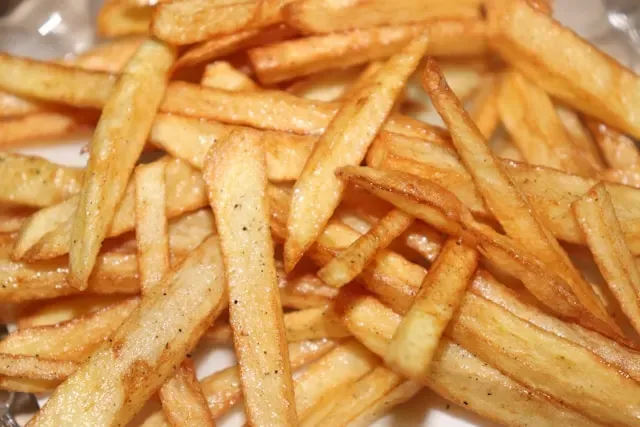
Comments
Be the first, drop a comment!